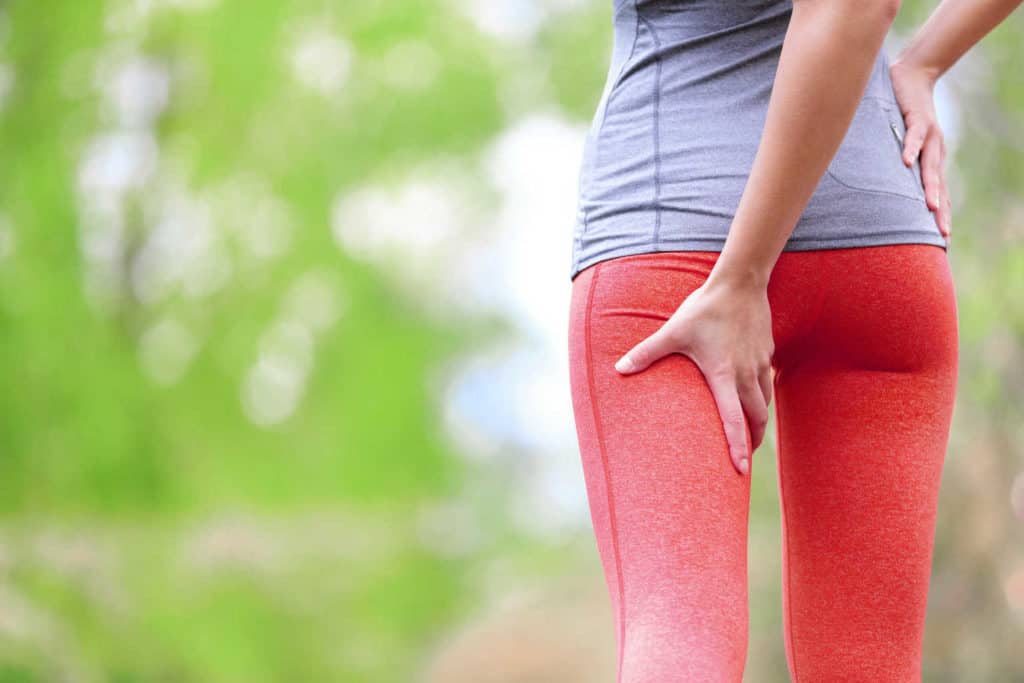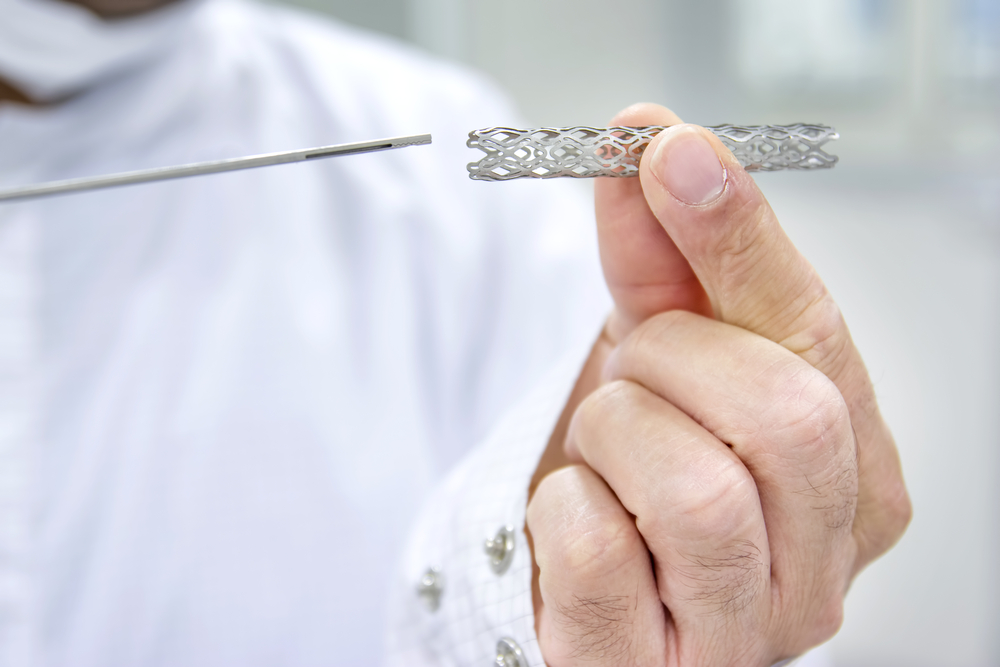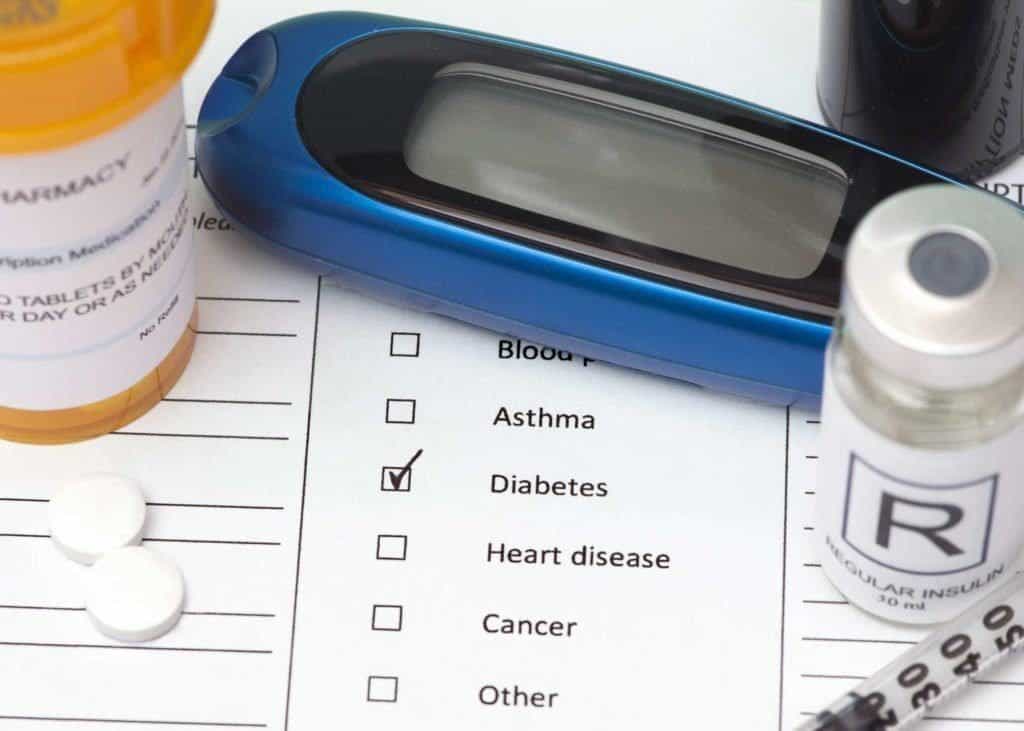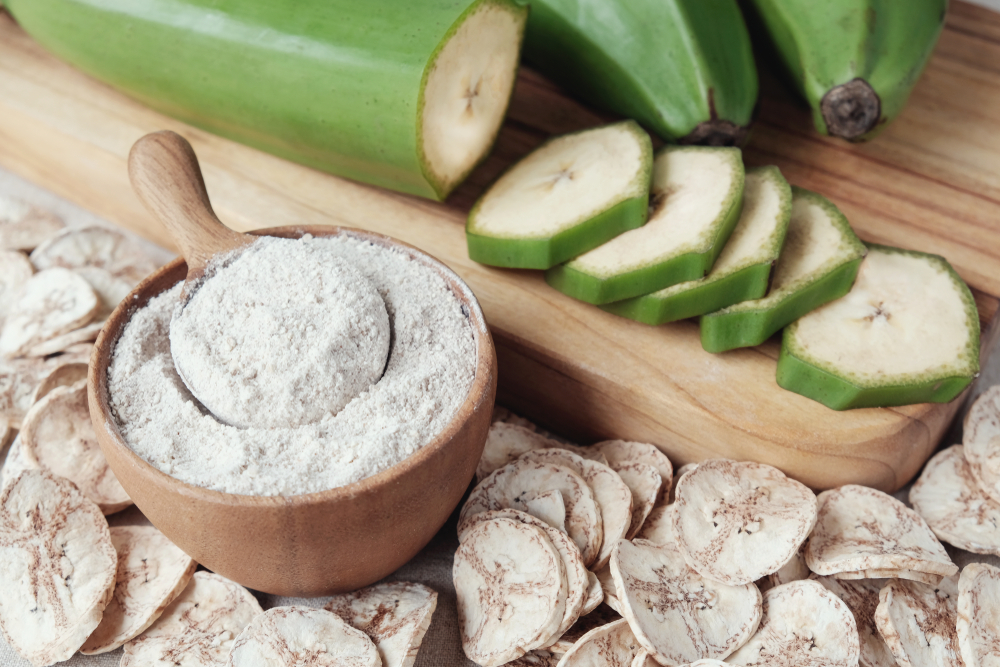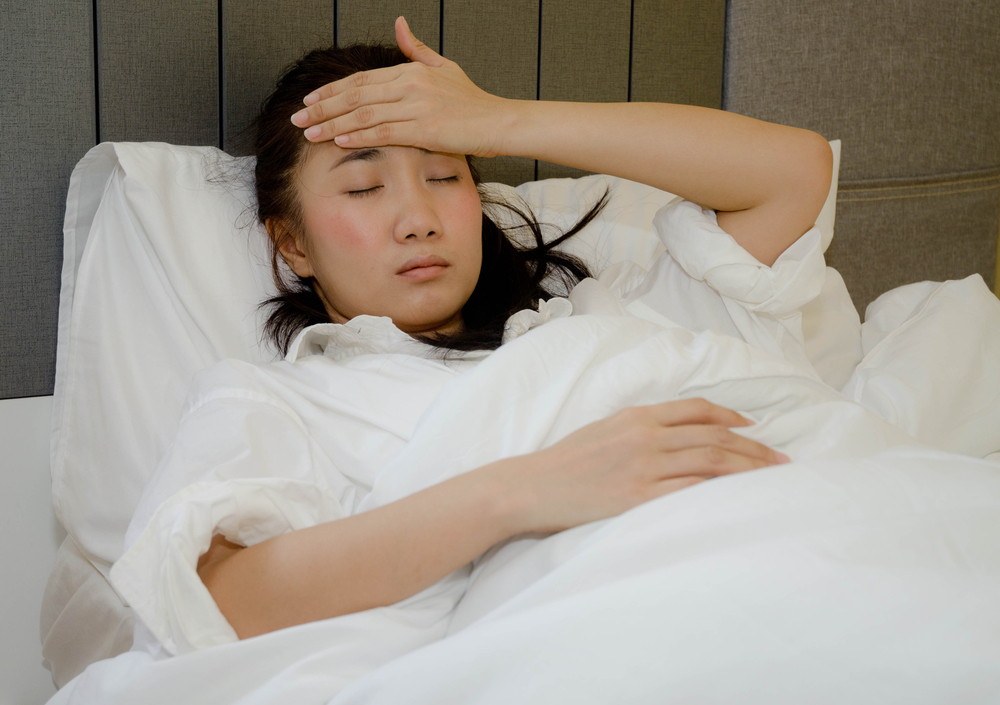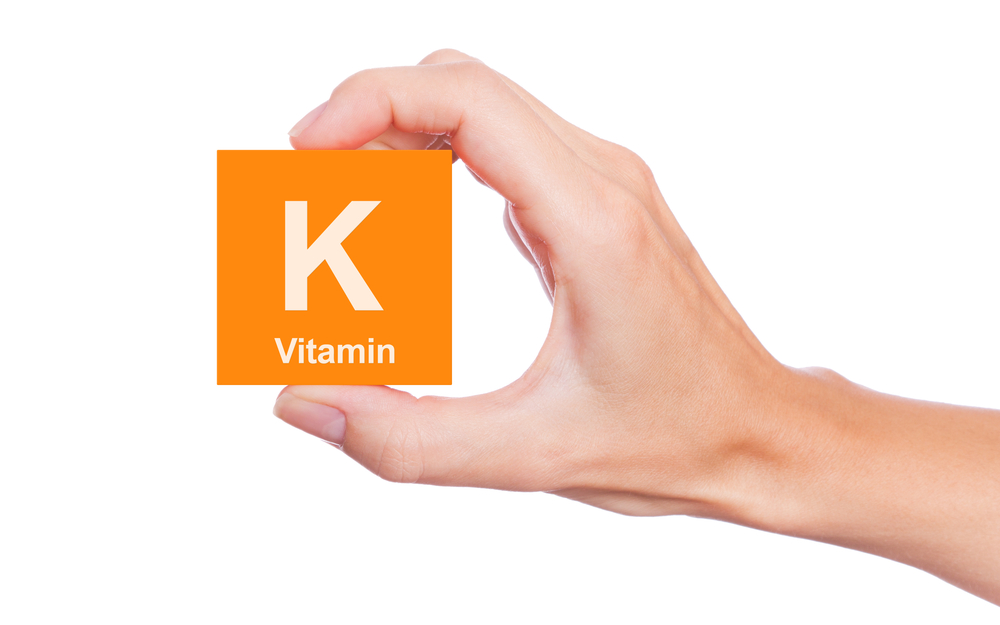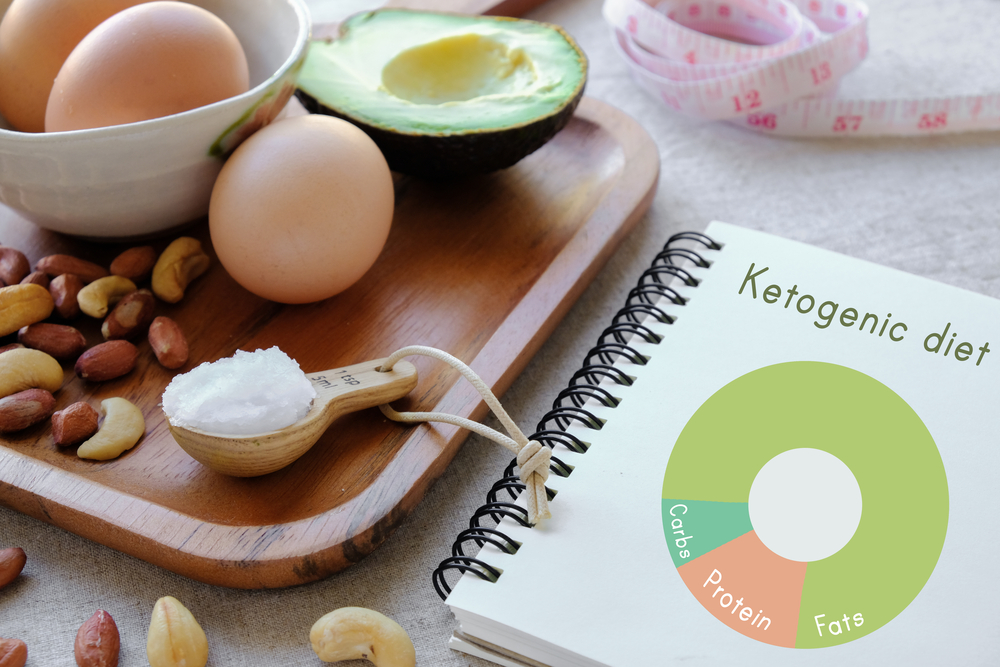Contents:
Medical Video: Specialty Massage Tips : Sciatica Treatment With Massage
There are many factors that cause cramps. Cramps in pregnant women are generally caused by pressure from the uterus which enlarges in the circulation of the extremities. As a result, blocked blood flow causes cramps. In addition, most maternal nutrients absorbed by the baby make the body's calcium level decrease. Decreasing calcium levels causes cramps.
Cramps can occur at any time especially in the last three months of pregnancy. Although not classified as a serious disorder, cramps can cause pain and irritation.
The way to relieve cramps in the thighs and buttocks is with knee-chest exercises. This exercise also helps reduce pelvic pressure, hemorrhoids and pain in the lower back and legs.
Knee-chest exercises:
- Kneel, give a distance of 18 inches between knees ..
- Stick your arms on the floor. The position of the pelvis will be higher than the chest
- Tighten the abdominal muscles a little to ease the pressure of the baby on the abdominal wall.
- The back remains straight, the thigh must be perpendicular to the floor and maintain this position for two minutes, and gradually increase the time to five minutes.
- Straighten and relax. Give pause to restore balance before rising.
- Repeat this exercise in your free time throughout the day as needed.
In addition, you can also try some of the suggestions below to relieve pain from cramps.
- To maintain blood flow, try to lift your legs as often as possible during the day.
- Attach a heating pad or hot water bottle to the cramped area.
- Stretch. Following are the steps to stretch the calf muscles:
- Point your toes up and press down on the kneecap, or
- Hold the back of the chair, drag one of the legs that has cramps back as far as possible
- Make sure your heels always stick to the floor during this stretch
- Pay attention to calcium intake by consuming a glass of milk or calcium-rich orange juice. If calcium is not enough to be obtained from a food source, you can request a calcium substitute supplement for the obstetrician.
Fortunately, cramping of the thighs and buttocks can be prevented. Here are some cramping prevention tips:
- Avoid lingering standing or sitting sila ..
- Stretch your calf muscles regularly during the day and night before going to bed
- Turn your ankles and shake your toes between activities, for example when sitting, eating dinner or watching TV.
- Take time to take a walk every day, unless the midwife or doctor suggests otherwise.
- Avoid activities that make you too tired. Lay your body on the left side to increase blood circulation to and from your feet.
- Avoid dehydration by drinking water regularly.
- Try taking a warm bath before bed to relax the muscles.
Although painful, the cramps you experience during pregnancy will pay off when your baby is born safely.

